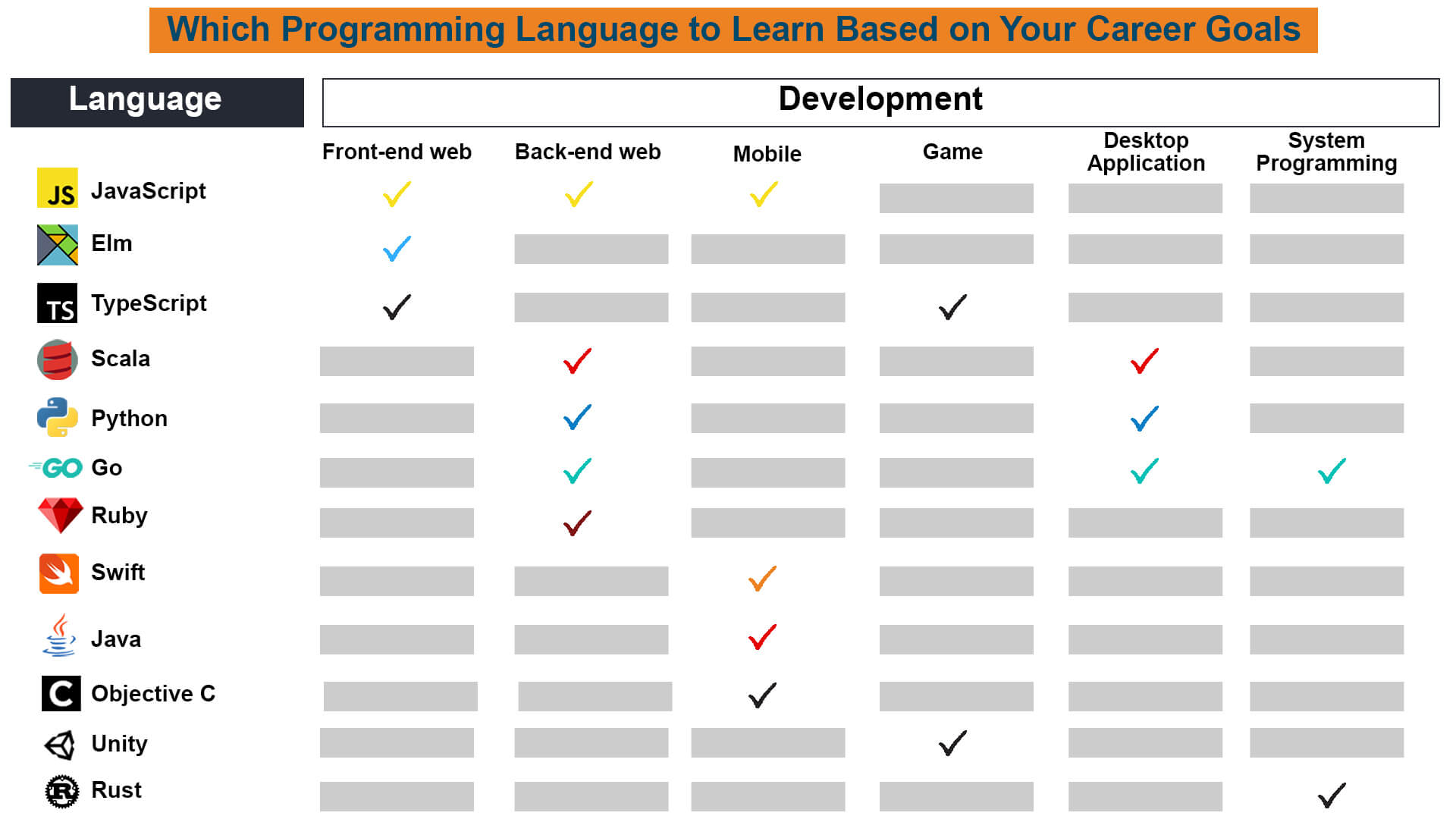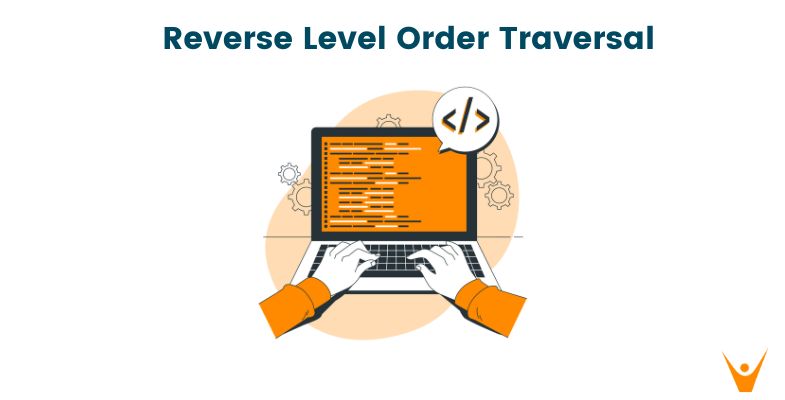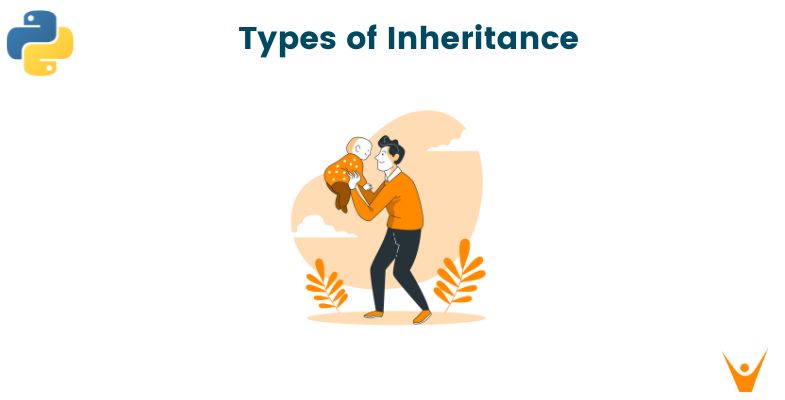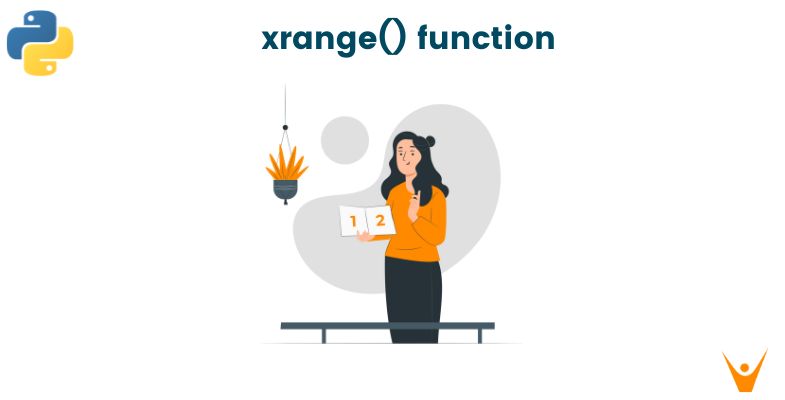Computers are wondrous machines that can perform a wide range of mathematical operations with accuracy. Ever since then, research has gone into improving the bridge of communication between the human and the computer itself. A programming language defines the terms that one uses while communicating with computers. Today, we present you a list of the most popular programming languages of 2024.
History of Programming
Initially, the only code that a computer understood was machine language code - a stream of 0's and 1's. It was very tedious to work with a language like this since almost every instruction had to be broken down into bits and then fed to the computer - which took a long time to do.
With the advent of technology, assemblers were created which allowed code to be slightly more modular than before. These assemblers are the predecessors of modern-day compilers and interpreters. The language fed to the assembler was called assembly language code.
Assembly language programs use alphanumerical data for processing. Fast forward to the present, and we have compilers and interpreters doing the hard work for us. High-level programming languages have almost completely replaced assembly language in every field of work. They are now closer to human beings than ever before.
Modern-day programming languages use alphanumeric data which very closely resemble the languages spoken by us in our everyday lives. More research is being put into making computers understand our natural languages (like English), which will allow computers to understand human languages in their entirety in the future.
Why Deciding Which Language to Learn is Important?
Software engineers earn a substantial amount, perhaps much more than equivalent jobs in the industry. This also includes additional benefits like stock options, commuter assistance as well and visa sponsorship.
There are various sub-choices that one can take up while pursuing software development as a career.
There's web development, which revolves around building websites and web apps. Mobile app development is another field that involves building mobile apps. Backend development revolves around building the functionality that powers the main product, while frontend development is mostly involved with the design and development of the customer-facing components of the product.
If you are not exhausted yet and want to build something that concerns the developers working on the product, there's DevOps for you. You're pretty much spoiled for choice when it comes to computer engineering (or computer science) - even though most jobs generally need a college degree before they even look at your resume.
In the modern world, proficiency in a particular coding language determines the money one can make. Some languages, in general, have lost their appeal over the years because newer languages offer something that suits modern applications more. Of course, it's way better to learn a language that is more in demand than others that are non-existent in the tech industry.
7 Most Popular Programming Languages of 2024
Every year, StackOverflow conducts a survey to check on the status of the developer community. This survey does indicate the current progress of development, and it does serve as an indication of the current popularity of a programming language.
The TIOBE index also shows data about the popularity of a language derived from the number of search engine hits for that language. Based on these reports, it is possible to come up with a list of the most in-demand languages for the coming year. This list is in no way binding, and you should feel free to explore and find a comfort zone!
1) Python
Python is the most popular programming language to learn in 2024. Currently, Python has built huge popularity among both the researcher as well as the developer community.
Python is suitable for pretty much anything. You have Django and Flask which can be utilized for web development, while scientific tools like Jupyter and Spyder are used for analysis and research purposes.
If you're into automation, Selenium is out there to help you! The flexibility of the language allows Python to be used pretty much anywhere. These, by far, are the more popular products of Python. Python's huge support base (second only to that of JavaScript) produces tons of packages, frameworks, and even full-fledged open-source software using the language.
Python probably has the largest support for data science and machine learning in general. A majority of the frameworks and libraries used in machine learning are made in Python only, making it probably the best language to pick up if one wants to learn about machine learning (or data science in general).
Python also has one of the easiest learning curves of all languages, since it has a lot of packages to support everyday operations. There's a running joke in the StackOverflow community that if you can come up with a new package for Python - you are pretty much 'reinventing the wheel' (that is, redoing what someone else has already done).
If you are struggling with Python homework or assignments then you can get python assignemnt help from our experts.
2) JavaScript
JavaScript is pretty much the industry leader at this point. Originally built as a competitor to Java by Netscape, JavaScript now commands a space of its own in the development sphere. JavaScript is widely favored as the "language of the Internet" because of its popularity.
JavaScript enjoys the highest support amongst developer communities - as high as 67.7%. In general, JavaScript is suitable for any kind of development activities like mobile app development, web development, desktop app development, and so on.
It has a wide variety of libraries and frameworks which can be utilized during development. There's Angular, Vue, and React for frontend development, while Node.js is a very flexible language for working on the backend.
The only problem with JavaScript is that it has a high skill ceiling. Despite having an easy learning curve, it takes some time (and quite some guidance) to have some degree of mastery over the language. You're definitely going to knock your head into a brick wall when you see that your JavaScript code is not working as intended.
But the real satisfaction comes when you successfully debug your code, fully understand what's going wrong, and take some lessons to prevent similar issues in future coding assignments.
3) HTML/CSS
HTML & CSS are here in the list because they are easy to learn for beginners and get an idea about the coding world, while they don't actually qualify as a programming language.
HTML (HyperText Markup Language) is a markup language that is commonly used to create web pages and web applications. Ir is used by web browsers to read and display web pages to users. As a result, HTML is an essential component of web development, and it is frequently used with other technologies such as CSS (Cascading Style Sheets) and JavaScript to build interactive and dynamic websites.
CSS is a style sheet language that is used to describe the appearance and styling of HTML and XML documents. It enables developers to decouple a web page's presentation from its content, making it easier to construct uniform and visually appealing designs.
CSS, together with HTML and JavaScript, is used to develop modern, interactive web applications. It is an important ability for web designers and developers because it allows them to create appealing and responsive designs that are optimized for different devices and platforms.
4) SQL
SQL (Structured Query Language) is a standard programming language for managing and manipulating relational databases. Users can interact with databases by generating, changing, and querying data. SQL is widely utilized in a variety of areas, including finance, healthcare, and e-commerce.
SQL is a declarative language, which means that users express what they want to do with the data rather than how they want to do it. SQL commands are classified as Data Definition Language (DDL), Data Manipulation Language (DML), and Data Control Language (DCL).
It is used with database management systems (DBMS) like MySQL, Oracle, and Microsoft SQL Server. These systems let you store and organize data, and SQL allows you to interact with that data.
5) TypeScript
One would be very mistaken if they think that JavaScript will still be the ruler of the tech world after a decade of its dominance. The language was made internally at Microsoft and released in 2012. Ever since then, the language has taken the world by storm. People on Github, StackOverflow, and other online forums have even dubbed TypeScript as the David to the Goliath that is JavaScript.
Despite being strictly a superset of JavaScript, there are many new things about the language that make learning it worthwhile. The main feature is that TypeScript is strongly typed by nature, making the code (and its output) easier to understand.
TypeScript is mainly a language meant for development, so it does not have much appeal to the scientific community. However, because of the new features of TypeScript, one can expect that it might inspire a slightly greater degree of interest for research.
The language has a much lower skill ceiling than JavaScript - and many "difficult-to-understand" behaviors of JavaScript have been simplified in TypeScript. In other words, you have a slightly less chance of knocking your head into a wall.
6) JAVA
Built-in 1991 by James Gosling, Mike Sheridan, and Patrick Naughton as the language 'Oak', Java was the first language to have a big global impact. Java runs on the principle of "Write Once, Run Anywhere" - implying that systems with varying hardware and OS configurations can run Java programs with ease.
If you've ever used StackOverflow to find the solution to your problems (and there are very few who haven't), you might have come across a running joke that "Java is dead". Ask any friend working at a company on consumer side products about this joke, and they will be glad to prove you wrong (because it probably won't be the first time they debunked this misconception!).
Java still continues to be the coding language of choice for the development of software that people use in their day-to-day lives. It also has a wide variety of libraries and frameworks which utilize Java under the hood. Java is used for app development through Spring and Hibernate. JUnit helps us set up unit tests for our Java projects.
Most importantly, Java is being used in the development of native Android applications (the Android SDK is itself powered by the Java Development Kit or the JDK). Java is probably the language that most people were introduced to as part of an introductory computer programming course in college or in school. Java is the language used for teaching object-oriented programming to the masses.
7) C#
C# (pronounced "C sharp") is a modern, multi-paradigm programming language that Microsoft created in the early 2000s. It is generally used to create apps for Windows and the.NET framework, but it may also be used to create cross-platform applications with.NET Core.
C# is an object-oriented programming language that includes concepts like classes, objects, inheritance, and polymorphism. Functional programming features such as lambda expressions, anonymous types, and LINQ (Language-Integrated Query) are also supported.
It offers a robust standard library that supports a wide range of functions such as file I/O, networking, and user interface development. It also includes a robust set of tools for working with databases and data structures.
Because it can be used with the Unity game engine, C# is a popular language for game development. It's also used extensively in enterprise development, web development, and scientific computing.
Which Programming Language Should I Learn?
What you should learn largely depends on what career you want to pursue in the future.
For web development, JavaScript with HTML and CSS is largely the best. If you want to go into research, Python and Java are largely the best way to go. For mobile app development, the options available are quite vast - JavaScript, Java, Kotlin, and Dart.
For a more native app, Java and Kotlin are the way to go. Dart and JavaScript are the best languages for getting into hybrid app development. For desktop apps, Java, JavaScript, and C# are the best options to go with.
There's no specific language that suits a purpose - the main idea is to explore as much as possible and then choose the best option available. Of course, the applications pretty much limit what one can choose to go with. For example, it is not possible to use languages like C++ or Kotlin for web development - the language does not have the support required for web development work.

Another thing to be noted is that language has a learning curve and needs some time investment before one can properly start working on it. While JavaScript and Python themselves get a lot of things done, they are languages that take some time to master. Also, with more new languages being actively worked on than ever before, there can be a dilemma as to which language to learn properly.
| Programming language | Uses |
| JavaScript | Web Development, App Development, Automation, Testing, Software Development, Game Development, |
| Python | Web Development, Automation, Testing, Software Development, Data Science, Analytics |
| Java | Software Development, App Development, Testing |
| C# | Software Development, Game Development |
| TypeScript | Web Development, App Development, Automation, Testing, Software Development, Game Development, |
| SQL | Database Management |
| HTML/CSS | Web Development |
Conclusion
While there's no single language that can suit one's purpose - there are certainly a number of good options available for people who are starting out in tech. While this list of most popular programming languages is certainly not exhaustive by nature - the languages listed here should serve as a reference for most beginners who want to get the most value out of the language they wish to learn.


![7 Most Popular Programming Languages [2024 Updated]](https://learn.favtutor.com/resources/images/uploads/most_popular_programming_languages.png)





